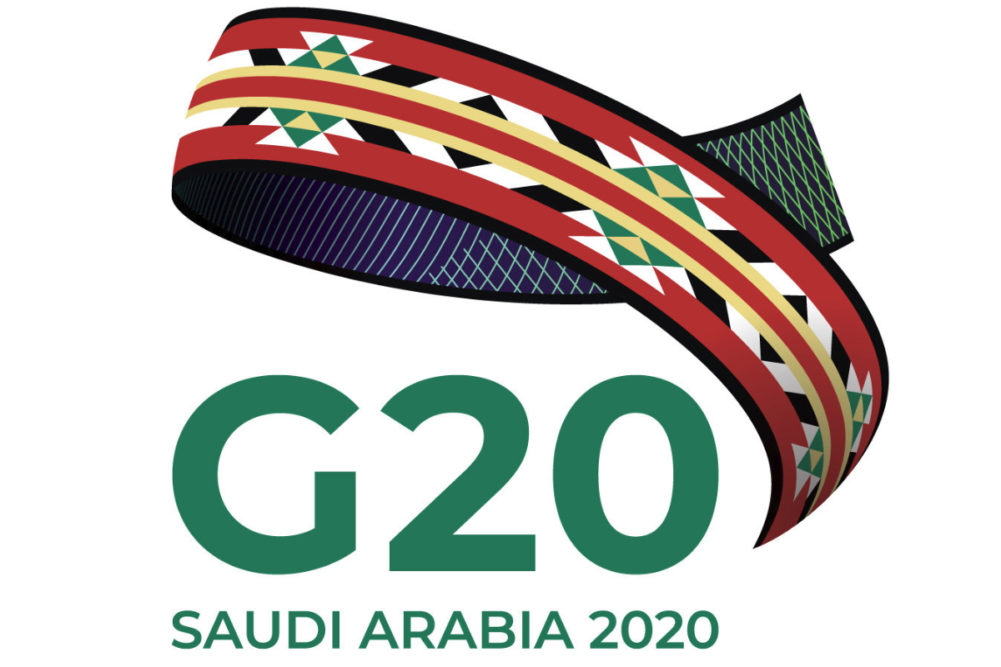DUBAI — The G20, an international forum for the governments and central bank governors from 19 countries and the European Union, reiterated their commitment to cooperating to safeguard global food security and nutrition at a virtual meeting held April 21.
The agriculture and food ministers from the group vowed not to allow emergency measures being taken to halt the spread of the coronavirus (COVID-19) to wreak havoc on the global food supply chain.
“We reaffirm the importance of working to ensure the continued flow of food, products and inputs essential for agricultural and food production across borders in line with our Leaders’ Statement on COVID-19 of March 26, 2020,” the G20 said in a ministerial statement. “We acknowledge the challenges of minimizing the risk of COVID-19 while keeping food supply chains functioning. We will continue to work to ensure the health, safety, welfare and mobility of workers in agriculture and throughout the food supply chain.”
Specifically, the G20 said it will work together to guard against any “unjustified restrictive measures” that may lead to excessive food price volatility in international markets and threaten the food security and nutrition of large proportions of the world, especially those individuals living in areas with low food security.
Any emergency measures undertaken should be “targeted, proportionate, transparent and temporary,” the G20 said, adding that any actions taken also should not create unnecessary barriers to trade or disrupt global food supply chains. The emergency measures also should be consistent with rules set forth by the World Trade Organization (WTO), the G20 said.
“We recognize the importance of transparency and commend the Trade and Investment Ministers’ commitment to notify the WTO of any trade-related measures taken, including those related to agriculture and essential foodstuffs,” the G20 noted. “We reaffirm our agreement not to impose export restrictions or extraordinary taxes on food and agricultural products purchased for non-commercial humanitarian purposes by the World Food Programme (WFP) and other humanitarian agencies.”
The G20 said its Agricultural Market Information System (AMIS) has determined that global food supplies are adequate and food markets remain well balanced. Where appropriate, the G20 said it will coordinate policy responses, supported by the AMIS Global Food Market Information Group and the AMIS Rapid Response Forum.
“Acknowledging the critical role of the private sector in food systems, we call for enhanced cooperation between the public and private sectors to help mobilize rapid and innovative responses to impacts of this pandemic on the agriculture and food sectors,” the G20 said. “Under the current challenging circumstances, we stress the importance of avoiding food losses and waste caused by disruptions throughout food supply chains, which could exacerbate food insecurity and nutrition risks and economic loss.”
The G20 also stressed the need to strengthen the sustainability and resilience of food systems globally, including to future shocks from disease and pest outbreaks, and to the global challenges that drive these shocks.
The organization thanked farmers and workers, and small, medium and large scale agri-food businesses for their continuous efforts to ensure an adequate food supply.
“We will intensify our efforts, in line with WTO rules and the 2030 Agenda for Sustainable Development, to support them to sustain their activities and livelihoods during the crisis and to assist their recovery afterwards,” the G20 said. “Our efforts will support rural communities, especially small-scale farmers and family farms, to be more economically prosperous, resilient and sustainable, and to have improved food security and nutrition, giving special attention to the needs of developing and low-income countries.”
The G20 members are Argentina, Australia, Brazil, Canada, China, France, Germany, India, Indonesia, Italy, Japan, Mexico, Republic of Korea, Russia, Saudi Arabia, South Africa, Turkey, the United Kingdom, the United States and the European Union.
Follow our breaking news coverage of the coronavirus/COVID-19 situation.






